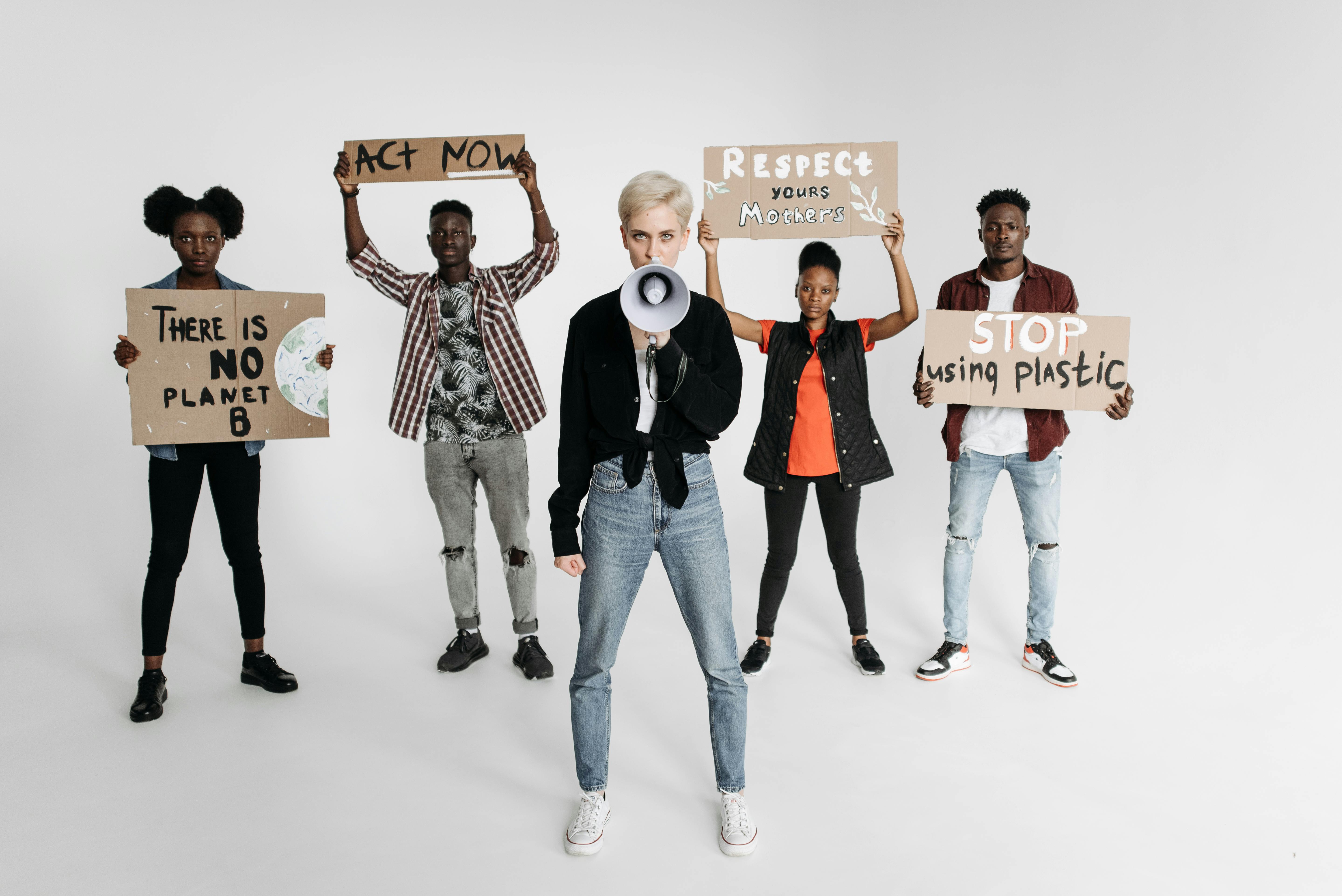Plastic Politics: How Trump's Return Could Derail Global Cooperation On Waste Management

Plastic pollution has become a global crisis, threatening ecosystems, marine life, and human health. In response, nations have convened in South Korea to negotiate the first-ever UN treaty on plastic waste. This treaty aims to establish binding international commitments to reduce plastic production, improve waste management, and curb environmental damage.
However, the return of Donald Trump to the political spotlight has raised concerns about the United States' role in these efforts. Known for his rollback of environmental policies during his presidency, Trump’s influence could jeopardize the US’s participation in this crucial treaty and weaken the global fight against plastic pollution.
The UN Treaty on Plastic Waste
The proposed UN treaty represents a landmark opportunity to tackle the plastic pollution crisis. Its goals include reducing plastic production, promoting sustainable recycling, and improving waste management practices. Binding international commitments are seen as essential to addressing the transboundary nature of plastic pollution, which affects oceans, rivers, and ecosystems worldwide.
The US’s involvement is critical to the treaty’s success. As one of the world’s largest producers of plastic waste, the US has both a responsibility and the resources to lead in reducing global pollution. Strong US participation could set a precedent for other nations and ensure the treaty’s effectiveness. Conversely, disengagement from the US would risk undermining global efforts and embolden other countries to delay or weaken their commitments.
Trump’s Track Record on Environmental Issues
Trump’s environmental policies during his presidency signal potential challenges to the US’s commitment to the plastic waste treaty. His administration was marked by:
- Withdrawal from the Paris Climate Agreement.
- Rollbacks on domestic environmental regulations, including protections for air and water quality.
- Support for industries contributing to pollution, such as fossil fuels and plastics.
Under Trump, environmental issues were deprioritized in favor of economic growth and industrial support. A return to this approach could see the US withdrawing from or failing to fully commit to the plastic waste treaty. Such a stance would not only hinder progress but could also dissuade other nations from ambitious action, fearing economic disadvantage or lack of cooperation.
The Risks of US Disengagement
If the US steps back from the treaty negotiations, the consequences could be far-reaching:
Weakened Global Negotiations: Without the leadership of a major economic power, reaching a comprehensive and enforceable treaty becomes more challenging. The absence of US support could lead to weaker provisions or significant delays in implementation.
Economic and Political Fallout: A disengaged US might continue producing significant amounts of plastic waste without regulatory oversight. This could encourage other countries to maintain lenient policies to remain competitive, undermining the treaty’s objectives.
Increased Polarization: US disengagement could deepen divisions between nations committed to environmental progress and those prioritizing industrial growth, complicating future global cooperation.
Broader Implications for International Cooperation
Trump’s approach to environmental policies could have ripple effects beyond plastic waste management. His past disengagement from international agreements undermined trust and collaboration among nations. A similar retreat from the plastic waste treaty could affect other global initiatives, such as climate change agreements and biodiversity protection efforts.
The consistency of US leadership is essential for fostering international cooperation. Without it, other nations might question the reliability of multilateral agreements, jeopardizing progress on environmental and social issues.
Potential Paths Forward
The outcome of the UN treaty negotiations depends on several factors, including the US’s stance and the actions of other global players. Two key scenarios could unfold:
Best-Case Scenario: The US remains committed to the treaty regardless of political shifts, enabling strong global action against plastic pollution. This would bolster international cooperation and set a standard for addressing environmental crises.
Worst-Case Scenario: A Trump-led disengagement from the treaty weakens global efforts, leading to fragmented and ineffective measures. This scenario would hinder progress and prolong the environmental and health impacts of plastic pollution.
In the absence of US leadership, other nations and organizations could play a critical role. The EU and China, both significant global players, could step up to lead the charge. Grassroots movements and private sector initiatives might also fill gaps, driving innovation and accountability in waste management.
Conclusion
The global fight against plastic pollution hinges on unified action and strong leadership. The UN treaty on plastic waste offers an unprecedented opportunity to address the crisis, but its success depends on the participation of major players like the United States. Trump’s return to prominence raises serious concerns about the US’s commitment to this effort, potentially undermining progress at a critical juncture.
As the world grapples with the challenge of plastic pollution, it is essential for nations to prioritize environmental responsibility over political shifts. Whether through US leadership or a coalition of other nations, the global community must remain steadfast in its commitment to reducing plastic waste and protecting the planet. The stakes are too high for anything less.
Author: Brett Hurll
Copper's Comeback: Inside BHP And Lundin's Argentine Asset Acquisition
Copper, often dubbed "the metal of electrification," is experiencing a resurgence in demand due to its critical role in ... Read more
Revitalizing Commodities: How Clean Energy Is Breathing New Life Into A Stagnant Market
The commodities market, traditionally a cornerstone of investment portfolios, has experienced a decade of stagnation. Ho... Read more
European Airports Disrupted By Escalating Climate Protests
Climate activists have escalated their protests at European airports, blocking runways and causing flight disruptions in... Read more
Hungary's Russian Oil Dilemma: Why Brussels Is Cautious In Offering Support
Hungary's reliance on Russian oil has led it to seek support from Brussels to ensure continued access to this crucial en... Read more
Unveiling China's Secret Commodity Stockpiles: What Lies Ahead?
Xi Jinping's extensive reserves of grain, natural gas, and oil hint at future challenges.In a move shrouded in secrecy, ... Read more
Copper Miners Brace For Industry Overhaul As End Users Seek Direct Deals
The copper mining industry is bracing for a significant overhaul as end users, including cable manufacturers and car com... Read more

